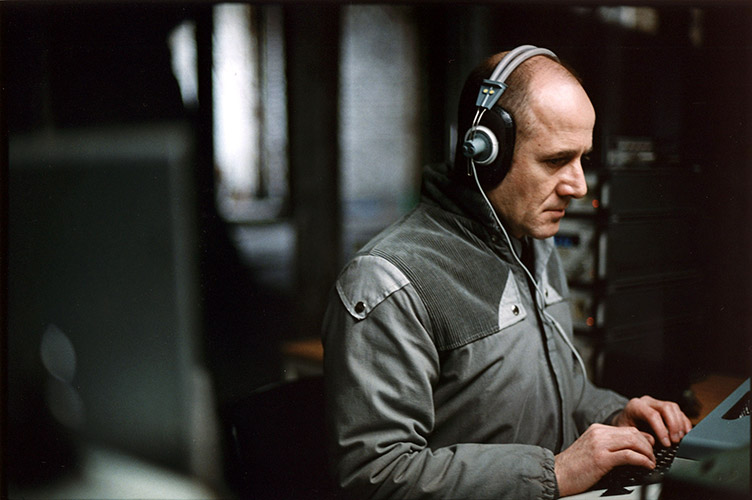I am studying in the third year of the State University of Economics and Technology.I specialize in contractual, economic and corporate law, in particular, I provide consultations and write articles.
Ukrainian legislation provides for the conduct of covert (search) investigative actions in cases where this is necessary to collect evidence in criminal proceedings. Covert action allows law enforcement to collect evidence of a crime without disclosing its involvement or purpose. This may include making observations, eavesdropping on communications, using confidential sources, etc. While undercover investigations can be an effective tool in the fight against crime, their use must also be limited by law and strictly controlled to ensure respect for the rights and freedoms of citizens and to prevent potential abuses. The main features of covert investigative actions in Ukraine include:
Regulation by law: The conduct of covert investigative actions is regulated by the Criminal Procedure Code of Ukraine, in particular the articles defining the rights and obligations of participants in criminal proceedings, including the right to use covert investigative measures.
Court permission: According to the Code of Criminal Procedure of Ukraine, certain covert investigative actions are possible only with the permission of the investigator and judge at the request of the prosecutor.
Protection of citizens' rights: Conducting covert investigative actions must be carried out in compliance with the principles of legality, justice and protection of human rights and freedoms. Participants in criminal proceedings have the right to defense and can challenge the illegal actions of investigators.
Confidentiality: Covert investigative activities are confidential. They must be closely guarded and provided with appropriate security measures.
Liability for Abuse: Investigators who abuse their powers during undercover activities may be held liable under Ukrainian law.
Covert investigative actions are one of the tools in the hands of law enforcement agencies for collecting evidence in criminal cases. They can be used in cases where other methods of collecting evidence are not effective or sufficient to solve a crime.
Analysis of the grounds for undercover investigative (search) actions:
The Code of Criminal Procedure provides a number of grounds for undercover investigative (search) actions by law enforcement agencies. The main reasons for taking such actions include:
Impossibility of obtaining evidence: Conducting NDRS is permitted in the case where, within the framework of criminal proceedings, pre-trial investigation authorities cannot obtain evidence in any other way. In particular, this is due to the fact that most NSRAs are in one way or another associated with interference in the private lives of production participants.
Decision of authorized persons: The decision to conduct these procedural actions is made by the investigator, the prosecutor. If an investigator takes the initiative to conduct an investigation, he is obliged to inform the prosecutor about this. Accordingly, the prosecutor is authorized to prohibit their conduct or stop if they have already been started.
Court permission: To carry out such NDRS as audio-video control of a person, seizure of correspondence, or removal of information via electronic information networks, etc. it is necessary to obtain an appropriate determination from the investigating judge. To do this, a petition is submitted to the investigating judge, which is subject to consideration within 6 hours.
Difficulty of crimes: the Criminal Procedure Code contains a list of NSRAs, which can only be carried out if the proceedings are carried out in relation to serious or especially serious crimes
Conducting covert investigative actions must be legal and justified, taking into account the principles of legality and justice.
These grounds ensure the use of covert investigative actions within the law and taking into account the rights and freedoms of citizens. They enable law enforcement agencies to efficiently collect evidence to investigate crimes, ensuring the legality and fairness of the process.
Consultation with a criminal lawyer during pre-trial investigation:
Pre-trial investigation is a stage of criminal proceedings that requires high-quality support from a lawyer. At this stage, a criminal lawyer will collect exculpatory evidence, accompany his client during investigative actions (interrogations, searches, etc.), build a defense strategy, appeal against illegal actions or inaction, and also conduct a legal analysis of the situation and analysis of documents, provide his legal opinion. Also, a criminal lawyer will monitor the legality of investigative actions and provide comprehensive legal protection for his client. So, since a criminal case is a rather complex process, consultation with a lawyer is highly advisable.





























